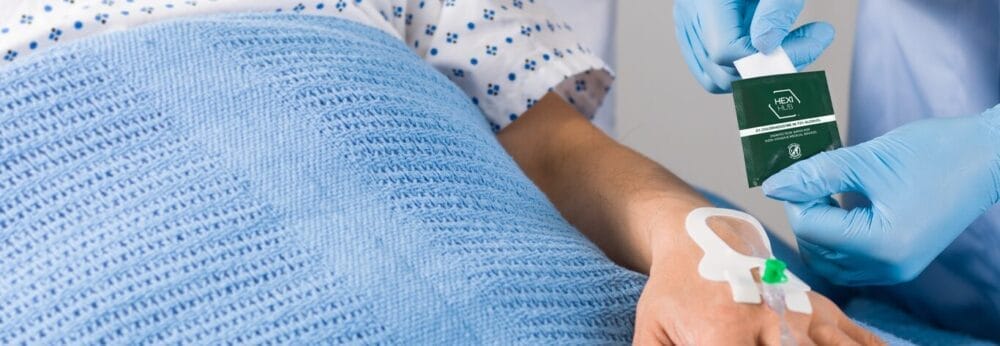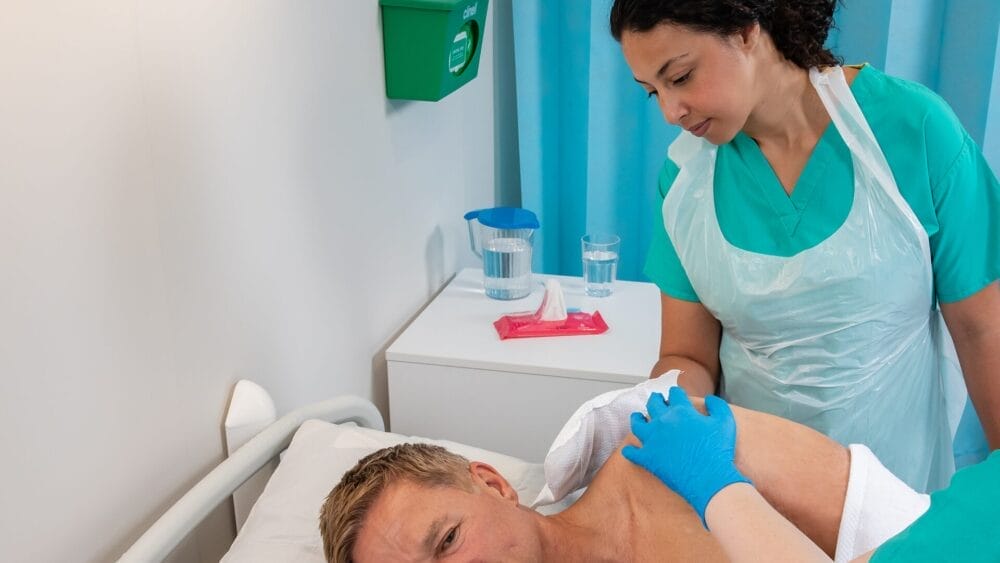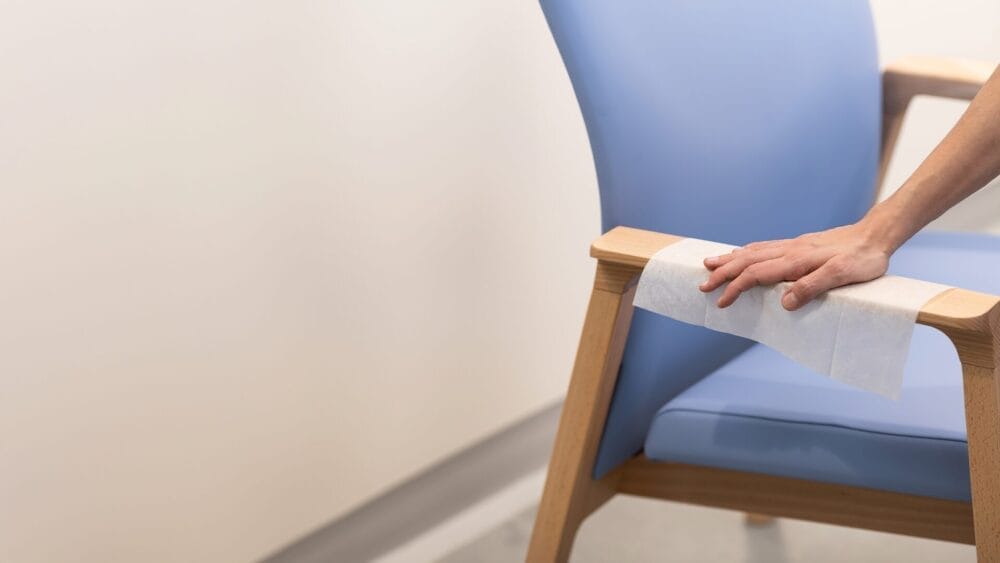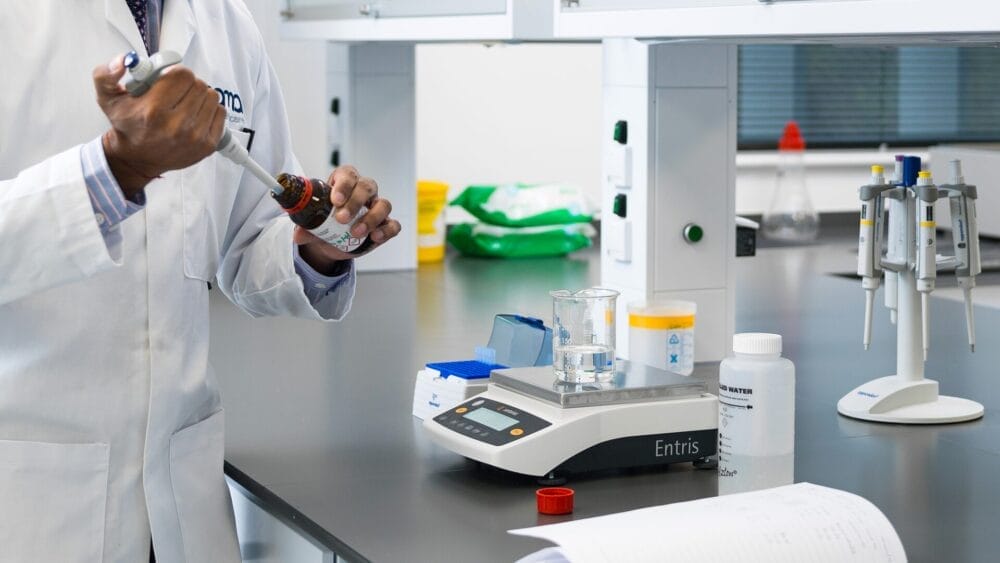Posted
15th September 2021
Research
This blog post gives an overview of current knowledge about the Delta variant and what we need to do to prevent its spread.
As the COVID-19 pandemic continues, several variants of the SARS-CoV-2 virus have emerged. This is no surprise, and a very normal outcome of the constant and rapid mutation of viruses. One variant has been particularly successful – the Delta variant.
What do we know about the Delta variant?
- The Delta variant first emerged in India in late 2020.
- Delta is now the predominant type of SARS-CoV-2 in the UK and is emerging in other parts of the world.
- It is associated with a higher rate of transmission – the evidence suggests that the Delta variant is approximately twice as infectious as other variants, although the reasons for this are not well understood.
- There is some evidence that the Delta variant causes more serious disease than other variants.
- The vaccines currently available for COVID-19 are effective against the Delta variant.
RELATED RESEARCH: Delta Variant: What We Know About the Science
What do we need to do to prevent the spread of the Delta variant?
Whilst we don’t understand some of the reasons behind the key characteristics of the Delta variant (that it’s more transmissible and has a tendency towards more severe disease), we do know that the fundamental transmission routes for the virus have not changed. Like all SARS-CoV-2 variants, the main transmission routes are via respiratory particles, with contact transmission possible too. Therefore, to prevent the spread of the Delta variant, we should continue to practice the behaviours we have learnt in the last 18 months.
These include:
Getting vaccinated
If everybody was vaccinated, the Delta variant wouldn’t spread.
Hands
Practicing good hand hygiene should now be second nature to us all to prevent the spread of COVID-19 and other infectious diseases.
Face
In the UK, the law has now changed meaning that wearing of masks is a personal choice. Our advice is that masks should be worn when in enclosed indoor spaces, especially when ventilation is poor.
Space
Improving physical distancing will help to prevent the spread of COVID-19. We should physically distance wherever possible.
Fresh air
The better ventilated an indoor space is, the lower the risk of COVID-19 spreading.
Surfaces
SARS-CoV-2 can contaminate surfaces. That’s why, surfaces should be cleaned and disinfected regularly. Clinell Universal Wipes are effective against the SARS-CoV-2 virus.
RELATED RESEARCH: Clinell efficacy against coronavirus (COVID-19)
Delta won’t be the last SARS-CoV-2 variant to emerge, but it has been the most ‘successful’ so far. With autumn almost upon us, we can expect the prevalence of COVID-19 to increase in line with seasonal trends. Therefore, it’s never been more important to keep going with our COVID-19 prevention measures.
For more information about how to prevent the spread of the Delta variant, resources for clinicians and which Clinell products kill coronavirus, visit our COVID-19 resources page. Help spread the word by sharing this article on social.
SHARE THIS ARTICLE
Tags
Latest News
Introducing HEXI HUB: A seamless transition in our product line
We’re pleased to announce an update to our product offering…
Innovative solutions for tackling Carbapenemase-producing Enterobacteriaceae (CPE) at King’s College Hospitals
King’s College Hospital NHS Foundation Trust, one of London’s largest…
Gloves Off: reducing unnecessary plastic waste during environmental cleaning and disinfection
In this blog, Dr Phil Norville discusses the momentum-gaining ‘Gloves…
Gloves Off: Navigating SDS sheets and skin safety claims in environmental decontamination products
In this blog, James Clarke (Head of R&D, Science &…




